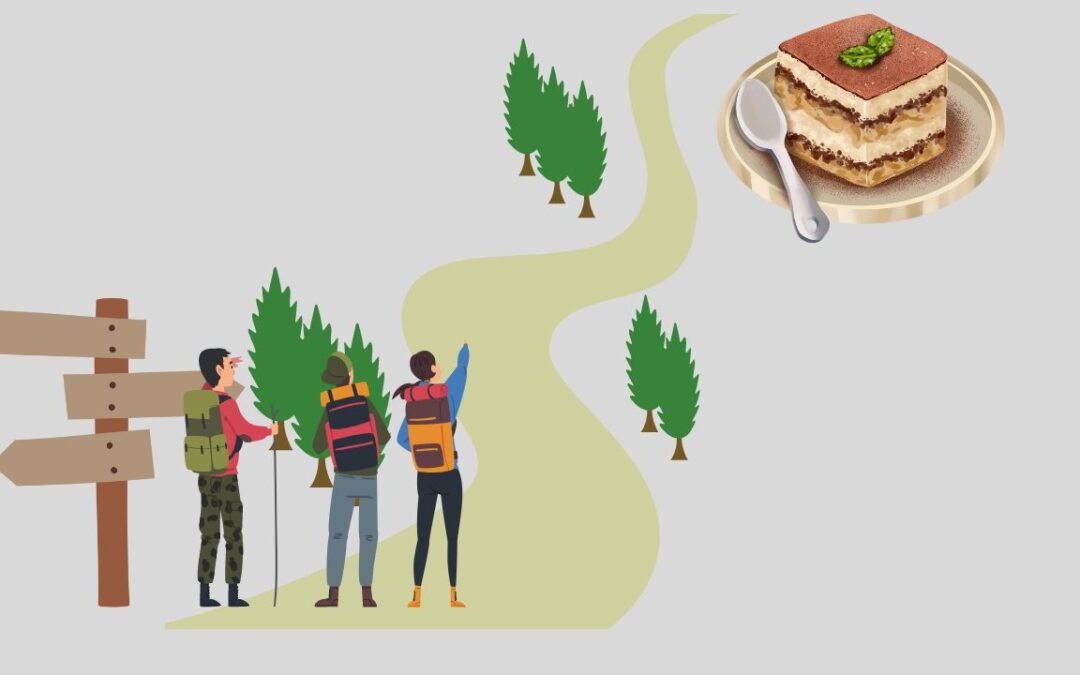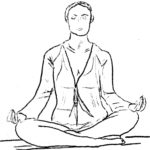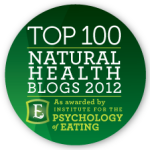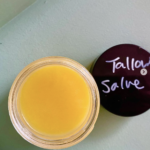The first time I saw a naturopathic doctor was a few years before I contemplated becoming one myself. I had finished my undergrad degree and was bumming around for the summer, working on film sets, trying to get help for some underlying hormonal condition which I now know to be caused by burnout.
The doctor’s office was warm and carpeted. He had a shelf of books, although I don’t remember what they were or were about. I imagine some were medical textbooks. He performed a physical exam that seemed at the same time unnecessary and strangely medical. Still, I hoped would be injected with this particular kind of magic and systems thinking that I expected—that he would look at me and declare me to have too much phlegm or give me some insights into my general state and appearance that had been handwaved as “normal” by the blood tests and various other medical practitioners I’d been to.
I had tracked my food for a week. For breakfast, I had cereal (the healthy kind), skim milk, coffee, and fruit. He held this paper in front of him, and I awaited his thoughts.
“You should stop eating dairy,” he said, not looking up, “It’s not that good for us.” I assumed “us” meant “us humans.” He didn’t elaborate, stating it as if I were apparent.
I remember this 16 years later, although I’m sure he said more things in that appointment.
What does it mean to make these statements to patients? Sometimes, I find myself explaining things, elaborating, discussing how we might try a dairy elimination diet, and making connections between the properties of dairy or this client’s experience with dairy (bloating, inflammation, eruptions of cystic acne).
I was bloated and inflamed with cystic acne, but I don’t remember if I stopped putting milk in my cereal that day. I distinctly remember a year later indulging in a frothy milk latte in a café in Cartagena, Colombia, writing in my journal that I expected it would bloat me and combine poorly with the insufferable heat and humidity outside.
The other day, I was visiting with my friend and naturopathic colleague, playing with her baby on the floor and talking about practice, health, and medicine. I was speaking about the pressure I feel when working with a new patient to solve their problems in the first visit. Often, no one had even acknowledged their problems before, and here was my task to not only acknowledge but already know about and have a solution for these problems. I remember attributing this same magic to the naturopathic doctor I saw in 2008.
My friend nodded, “Many of our solutions are just band-aids. It takes years to shift our thinking and behaviours to make long-term changes to our health.” I remember eating Tiramisu years after this 2008 appointment, developing painful cysts the next day.
One thing was certain: I remembered his (perhaps offhand) remark and started making connections, even if they didn’t lead to long-term behavioural changes.
I still sometimes eat dairy. At this friend’s house, we each had a Greek salad with chicken and all the fixings, including feta cheese. It was delicious. The next day, my skin looked okay. All in all, I’m pretty good at avoiding cow’s milk.
I am more meticulous about avoiding gluten.
I don’t necessarily agree that dairy isn’t good for “us [humans].” I’m not even sure if it’s not good for me. Like most things, it’s nuanced and depends on the terrain (my stress levels, gut health), the type of dairy (organic, fermented) and the amount. So, maybe I’m not entirely convinced. Sometimes, it tastes so darn good, and I don’t care.
I suppose that hearing something is “not good for us” is insufficient for learning. Experiencing how something is not good for us, while better, is still probably not sufficient.
I suppose that sometimes we humans do things that aren’t good for us.
I suppose our lives, like healing, are works in progress.







